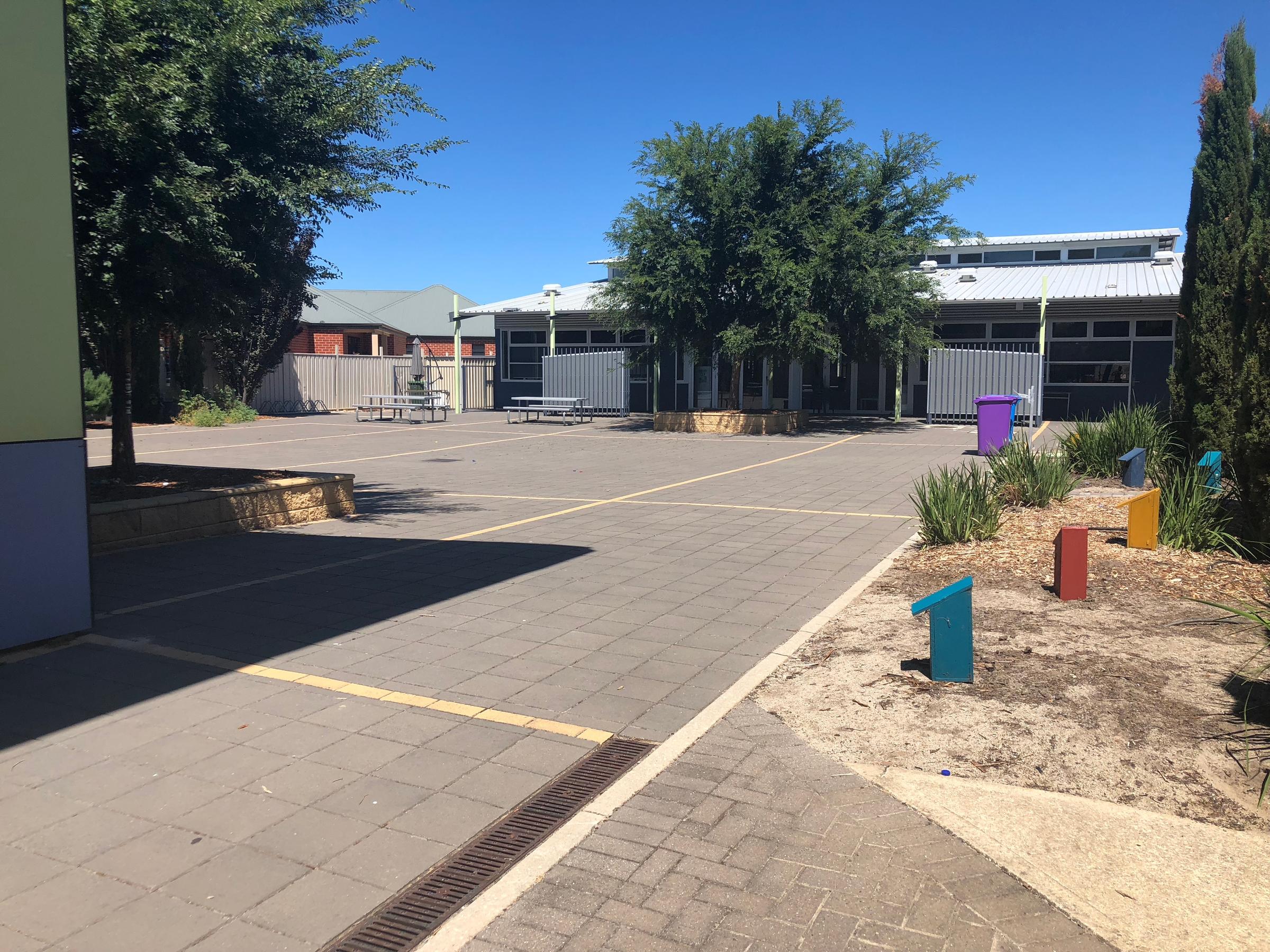School News

When Students Experience Problems
Every parent wants the best for their child/ren and that includes wanting them to have great experiences at school. LNPS continually strives to achieve this expectation. Our school is a safe place for students, staffed by hardworking teachers/SSO's who have the best interests of our students at heart. Growth in learning, behaviour and student wellbeing are high on the list of priorities for our staff.
Nevertheless, despite the best teaching practices things do go wrong at school. Most students experience difficulties during their time at school. Learning challenges, conflict and peer rejection are a normal part of school life. The developmental nature of children means that there will always be some difficult times particularly around key transition ages such as the start of primary and high school and adolescence. During these times students frequently experience a dip in their learning as well as significant relationship difficulties. Kids will often come home from school with grievances, and call on their parents for assistance.
Your approach as a parent when your child has difficulty at school can make a huge difference to their resilience and to their future relationships with teachers and peers. This includes, not only any advice you may give and the way you give it but also the way you approach the school, if that becomes necessary. Current research and trends suggest that there has been a significant increase in negative approaches from families towards school staff when responding to their children’s grievances. This approach adds complications to parent-teacher relationships and trust building.
As LNPS has an 'open door' policy on all aspects of school life, we encourage our families to not fall into to this new "trend" and continue to respectfully communicate with school staff about any situations which may arise.
The following adapted article is by Michael Grose, one of Australia’s leading parenting educators. He provides a seven point checklist to help you stay focussed and be effective if your child experiences difficulty at school.
1. Be empathetic first
Kids, like adults, like to vent. They will often benefit simply from having told their side of a story to a trusted source. Often they just want their parents to understand what’s happening, so your first response should be an empathetic one. That is, your child should feel you understand them and take them seriously. “That’s awful. I’d be upset too if someone stole my lunch” is the sort of response kids want to hear when they are genuinely upset.
2. Stay calm and take your time
It’s natural as a parent to want to protect or defend your children, particularly when you think that they’ve come in for some unfair or poor treatment. But acting when you are full of emotion is not always smart as emotions make us prone to over-reaction and jumping to all sorts of possibly incorrect conclusions. Rather than getting on the phone straight away to organise a meeting at school, take your time to think through how you might assist your child. Time generally provides greater perspective, which will likely lead to a better response from you.
3. Get the all facts
Getting the facts about the situation can be really tricky. Kids are faulty observers and often only see one side of a story when there’s a problem with a teacher or a fellow student. They sometimes can’t see that perhaps they may have contributed inadvertently to a dispute at school, or perhaps said something that may have upset a teacher. It’s your job to help your child or young person process what happened in an incident, so that all the facts emerge and you can fully understand their place in any problem. Keep asking questions to enable the complete story to unfold.
4. Assess whether to go to school or not
Often problems can be dealt with at home, simply by talking through an issue and giving kids some common sense tips to help them cope. However, if your child has a recurring problem that he can’t solve himself, or you think adult intervention may be needed to sort out a relationship issue with a teacher or peer, then consider meeting with your child’s teacher or year-level coordinator.
5. Use the right channels if you take the issue to school
Approach the school calmly, going through the school office or directly to your child’s teacher if that is the usual protocol. If you have already established a relationship with the teacher concerned, then it’s often easier to approach them directly.
6. Look for solutions rather than blame
Parent-teacher meetings usually get nowhere when either party blames the other. State the problem as you see it and view your child’s teacher as an ally, not a foe. “I’m really worried about Jeremy. He’s been acting strangely lately and I need some help” is the type of approach that will elicit a helpful response. Talk about your concerns and keep the discussion focussed firmly on what’s best for your child. Listen to your teacher’s viewpoint, valuing a different perspective.
7. Stay in touch
Be realistic with your expectations, remembering that some problems can’t be solved to your satisfaction, nor will they be resolved straight away. Be prepared to work alongside your child’s teacher over the long-term, which means maintaining communication with each other. Parenting is easy when things are going well, but testing when your children struggle or experience difficulty. Stepping back and taking a long-term, reflective view is often the best approach when your child experiences difficulty at school.
Parenting can be easy when things are going well but challenging when your child/ren struggle or experience difficulty. Stepping back and taking a long-term reflective view is often the best approach when your child experiences difficulty at school.
Tyson
